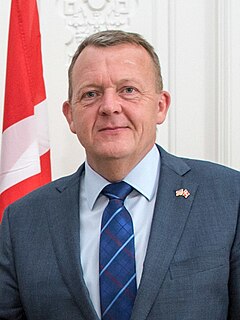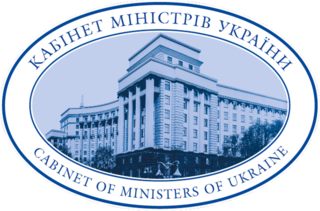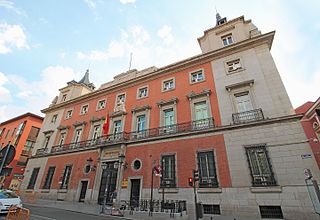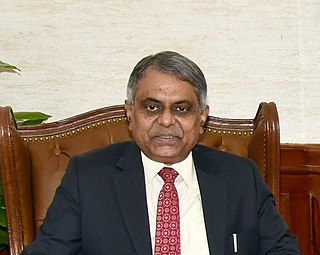This article does not cite any sources .(December 2009) (Learn how and when to remove this template message) |
Ministry of the State of Denmark (The Prime Minister's Office) (Danish : Statsministeriet) is a Danish government ministry. Atypical of a Danish ministry it does not have any councils, boards or committees associated with it and its near sole responsibility is to act as the secretariat of the Prime Minister of Denmark. There is a small department under the ministry that takes care of special legal issues not covered under other ministries, among others Greenland's and Faroe Islands relation to the Danish monarchy, the mass media's contact to the State, number of ministers in the government, or Queen Margrethe II legal status as a civilian.

Danish is a North Germanic language spoken by around six million people, principally in Denmark and in the region of Southern Schleswig in northern Germany, where it has minority language status. Also, minor Danish-speaking communities are found in Norway, Sweden, Spain, the United States, Canada, Brazil, and Argentina. Due to immigration and language shift in urban areas, around 15–20% of the population of Greenland speak Danish as their first language.

Denmark, officially the Kingdom of Denmark, is a Nordic country and the southernmost of the Scandinavian nations. Denmark lies southwest of Sweden and south of Norway, and is bordered to the south by Germany. The Kingdom of Denmark also comprises two autonomous constituent countries in the North Atlantic Ocean: the Faroe Islands and Greenland. Denmark proper consists of a peninsula, Jutland, and an archipelago of 443 named islands, with the largest being Zealand, Funen and the North Jutlandic Island. The islands are characterised by flat, arable land and sandy coasts, low elevation and a temperate climate. Denmark has a total area of 42,924 km2 (16,573 sq mi), land area of 42,394 km2 (16,368 sq mi), and the total area including Greenland and the Faroe Islands is 2,210,579 km2 (853,509 sq mi), and a population of 5.8 million.

The Prime Minister of Denmark is the head of government in the Kingdom of Denmark. Before the creation of the modern office, Denmark did not initially have a head of government separate from its head of state, namely the Monarch, in whom the executive authority was vested. The Constitution of 1849 established a constitutional monarchy by limiting the powers of the Monarch and creating the office of premierminister. The inaugural holder of the office was Adam Wilhelm Moltke.
The Ministry of the State of Denmark was founded January 1, 1914, though its origin can be found in a small secretariat created in 1848, the Council of State ("Statsrådet") to assist the new Council President ("konseilspræsident"), the name used for the Prime Minister of Denmark from 1855 to 1918.
| This article about an organisation in Denmark is a stub. You can help Wikipedia by expanding it. |
| This government-related article is a stub. You can help Wikipedia by expanding it. |












